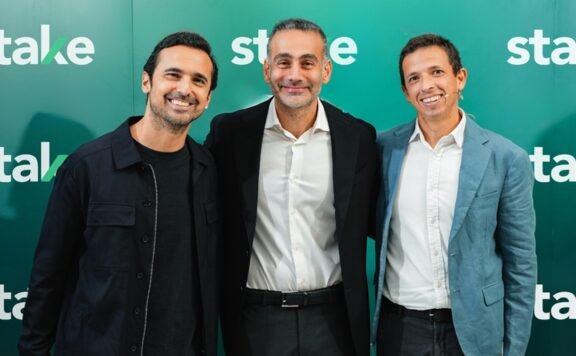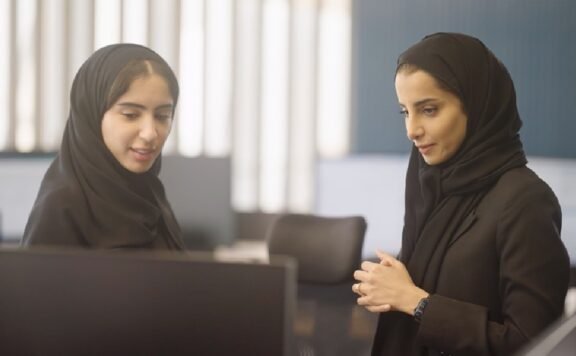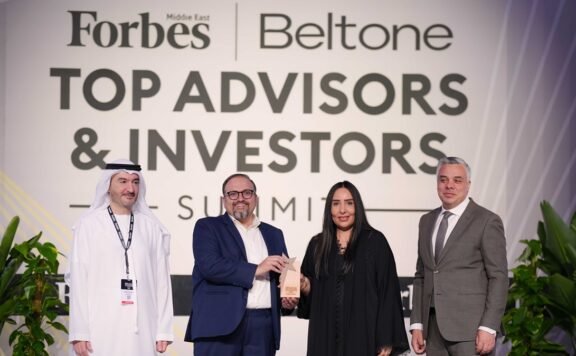Leading Nordic startup hub, Maria 01 recently released its latest Impact Report that measures the societal impact of the campuses’ startups. The 2022 report shows that the hub’s startups’ impact and amount of funding raised have grown significantly over the years.
The Maria 01 Impact Report shows that the hub’s startups have collected more than 700 million euros in funding over the course of its seven-year history. The amount of funding has increased almost tenfold in six years.
Over the past decade, Helsinki has emerged as a thriving startup hub in Europe, and Maria 01 has become one of the continent’s premier startup campuses. According to the report, the member companies of Maria 01 broke records last year amassing a record funding pot of 2019 million euros last year, bringing the total amount collected by the almost 400 startups to 715 million euros since Maria 01’s inception in 2016 as an initiative by the city of Helsinki. Moreover, many of the companies at Maria 01have become integral players in the value chains of essential societal infrastructure such as payment systems, energy, and transport – in addition to creating jobs and tax income.
According to the Finnish Startup Community, Finnish startups generated a turnover of 3.4 billion euros in 2021 and according to the current trend forecast, in 2030 the turnover may already be 15 billion.
International capital investors are increasingly interested in Finnish innovations. According to the Finnish Venture Capital Association, in 2021 foreign capital investors invested 553 million euros in Finnish startups. In total, 74 percent of all capital investments came from abroad.
“A healthy startup economy is important for any country because it creates new jobs, innovations for societies at large and can potentially solve big problems that are faced globally. At Maria 01, we carefully match startups with the right investors, and that’s one of our recipes for success. We’ve managed to create a strong and supportive start up community, and the numbers tell the story of how impactful that really is. Maria 01 is currently the hotspot for Finnish and Nordic startups. In the future, we want to be a hot spot Europe-wide and globally,” explains Ville Simola, CEO of Maria 01.
The Finnish startup ecosystem is developing and growing at a global scale
In January 2023, a detailed new plan to facilitate the construction of the future Maria startup campus came into force, with the actual building set to begin in early 2024. The extension of Maria 01 is a crucial component of Helsinki’s City Strategy, with the new growth and technology business block planned for the southern part of the former hospital area spanning approximately 50,000 square meters. This development will pave the way for the entry of several hundred new operators and around 5,000 employees. Upon completion, Helsinki will further solidify its position as a significant global player in the startup ecosystem.
“As the report clearly shows, the impact of Maria 01 is remarkable for the whole ecosystem growth. Not only it has created a great amount of jobs but also plays a significant role in growing tax income for the area. In the future, more and more companies can thrive and make the most out of this unique growing startup hub that Maria 01 already is”, says Marja-Leena Rinkineva, the Director of Economic Development for the City of Helsinki.
Helsinki’s attractiveness as a startup scene is shown in Startup Genome’s report, according to which Helsinki is tied for 31st place in the global ranking of startup ecosystems. Helsinki’s ranking rose 20 places in a year. Among European cities, only London, Paris, Berlin, Amsterdam, and Stockholm are ahead of Helsinki.
Societal and global impact is in the core of investments in the future
Helsinki has taken a proactive leadership role in tackling the climate crisis and has set a bold target of achieving carbon neutrality by 2030, making it a global model for other cities to emulate. At the Maria 01 startup campus, sustainability is also a top priority, with a strong commitment to environmental responsibility and sustainable practices.
“We use four main general criteria when selecting startups to join our community: scalability, product stage, funding status and the team. In addition, we emphasise the importance of SDGs. For example, startups that focus on renewable energy, sustainable agriculture, or affordable healthcare can be evaluated based on their potential impact on SDGs. We see SDGs playing a very important role in evaluating the potential social and environmental impact of the startup’s product or service, the startup’s alignment to sustainable practices, and the startup’s alignment with the goals of the local community and the larger global community. More and more we also see investors aligning with the goals and therefore emphasising impact-related factors as a requirement for future investments“, concludes Simola.
A full version of the Maria 01 Impact Report can be found here.





